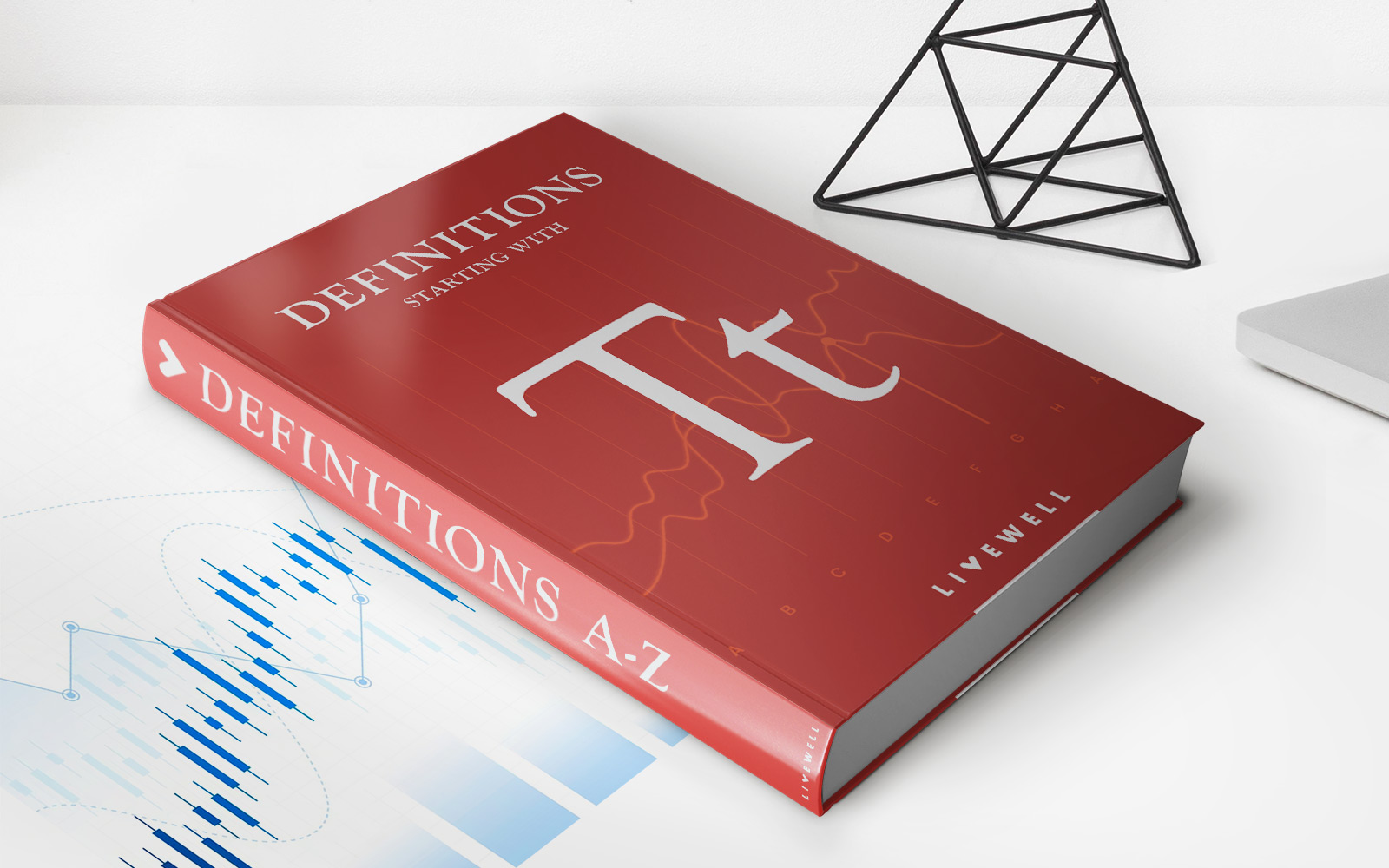

Finance
Insider Trading Act Of 1988 Definition
Published: December 10, 2023
Learn about the definition and implications of the Insider Trading Act of 1988 in the field of finance. Understand the legal framework that regulates insider trading practices.
(Many of the links in this article redirect to a specific reviewed product. Your purchase of these products through affiliate links helps to generate commission for LiveWell, at no extra cost. Learn more)
Welcome to the World of Finance: Insider Trading Act of 1988 Definition
When it comes to navigating the intricate world of finance, it’s important to understand the laws and regulations that govern various aspects of the industry. One significant legislation that has shaped the financial landscape is the Insider Trading Act of 1988. In this article, we’ll take a deep dive into the definition and implications of this act, so you can stay informed and make wise financial decisions.
It’s important to note that insider trading refers to the buying or selling of securities based on material nonpublic information, by individuals who have access to such information. The Insider Trading Act of 1988 aims to prevent unfair advantages and ensure a level playing field in the stock market.
Key Takeaways
- Insider trading refers to buying or selling securities based on nonpublic information.
- The Insider Trading Act of 1988 aims to prevent unfair advantages in the stock market.
The Insider Trading Act of 1988: A Closer Look
The Insider Trading Act of 1988, also known as the Insider Trading and Securities Fraud Enforcement Act, was signed into law to combat insider trading and securities fraud. The act primarily focuses on three key areas:
- Prohibition of Insider Trading: The act explicitly prohibits the buying or selling of securities based on material nonpublic information, as well as the communication or tipping of such information to others who may use it for trading purposes.
- Criminalization of Insider Trading: The act establishes criminal penalties for individuals who engage in insider trading activities. Those convicted can face significant fines and imprisonment, serving as a strong deterrent against such unlawful practices.
- Enhanced Regulatory Power: The act grants the Securities and Exchange Commission (SEC) enhanced power to investigate, prosecute, and enforce regulations related to insider trading. This allows the SEC to more effectively monitor and identify instances of insider trading.
Why is the Insider Trading Act of 1988 Important?
The Insider Trading Act of 1988 is crucial for maintaining fair and transparent markets. By preventing insider trading, the act ensures that investors, both individual and institutional, can have confidence in the integrity of the financial system. Here are a few key reasons why this act is important:
- Leveling the Playing Field: Insiders possessing nonpublic information have the potential to exploit market advantages over other market participants. The act helps level the playing field by preventing unfair advantages and promoting fair market practices.
- Protecting Investor Confidence: Fair and transparent markets are essential for investor confidence. The act instills trust by deterring insider trading, as investors can be confident that they are trading on a fair and level platform.
- Maintaining Market Integrity: Insider trading undermines the integrity of financial markets and erodes public trust. The act serves as a safeguard against such practices, ensuring that markets operate in a transparent and ethical manner.
In Conclusion
The Insider Trading Act of 1988 is a significant piece of legislation that plays a vital role in maintaining fair and transparent financial markets. By prohibiting, criminalizing, and empowering regulatory bodies, the act contributes to investor confidence, market integrity, and a level playing field. Familiarizing yourself with this act is essential to navigate the world of finance effectively and make informed decisions based on fair and legal practices.














